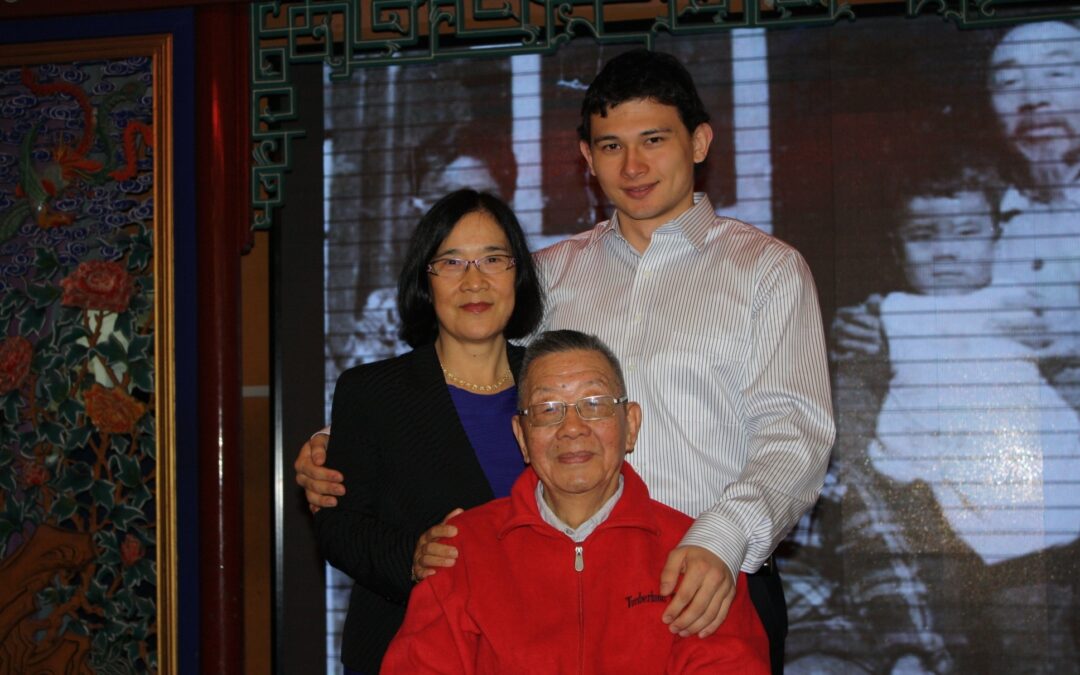
by Angela Tian Zhu | Mar 12, 2018 | Yin Yang Wisdom
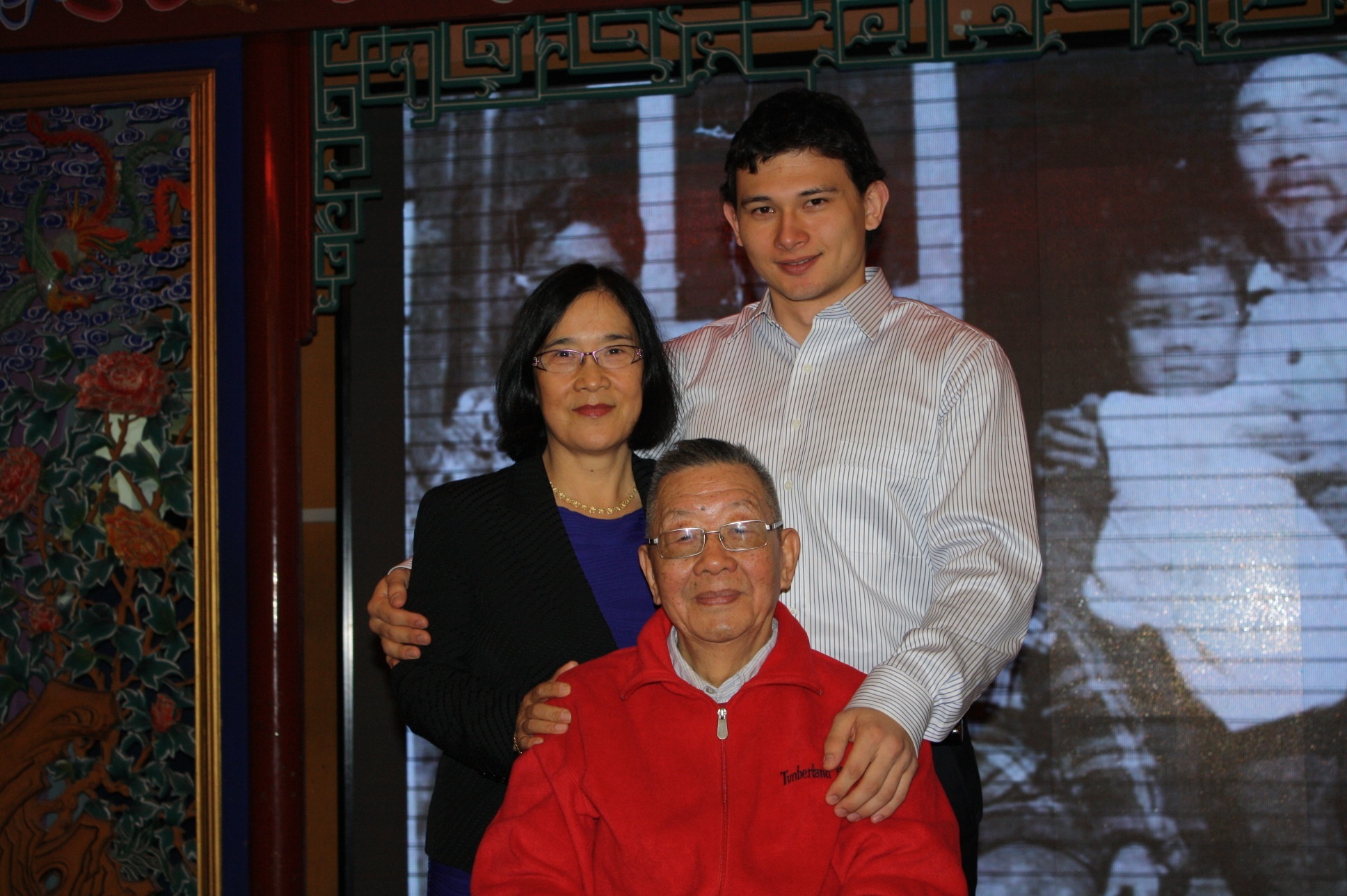 Three generations.
Three generations.
People come to this world clenching their fists, and leave with open hands.
First we collect things bit by bit, then we discard things little by little. As we age we look older, but we have more wisdom. .
Nature gives our childhood to our parents. Nature gives our early adulthood and middle age to the country and society. When we get older, we should give ourselves back to us.
So, not only do we strive to live longer to do the things we didn’t have time for earlier in life, we also need to have a better quality of life to enjoy the rest of our lives given back to us.
Written by Angela Zhu, Traditional Chinese Medicine practitioner, Qi Gong & Tai Chi instructor. Copyright 2018
ACCEPTANCE
THIS IS HOW IT IS.
NOT HOW IT-Was. -Might have been -Should have been
NOT HOW I-Wanted it to be -Hoped it would be -Planned it would be
I ACCEPT THAT THIS IS HOW IT IS – Now I get on with my life in a positive way.
Author Unknown
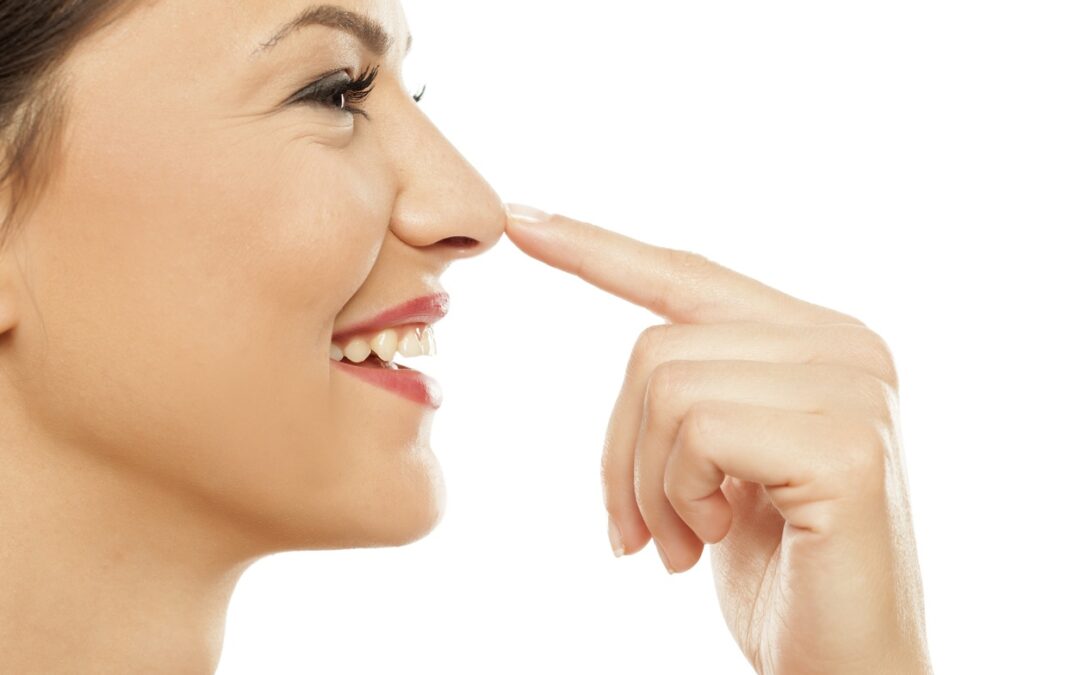
by Angela Tian Zhu | Feb 27, 2018 | Traditional Chinese Medicine
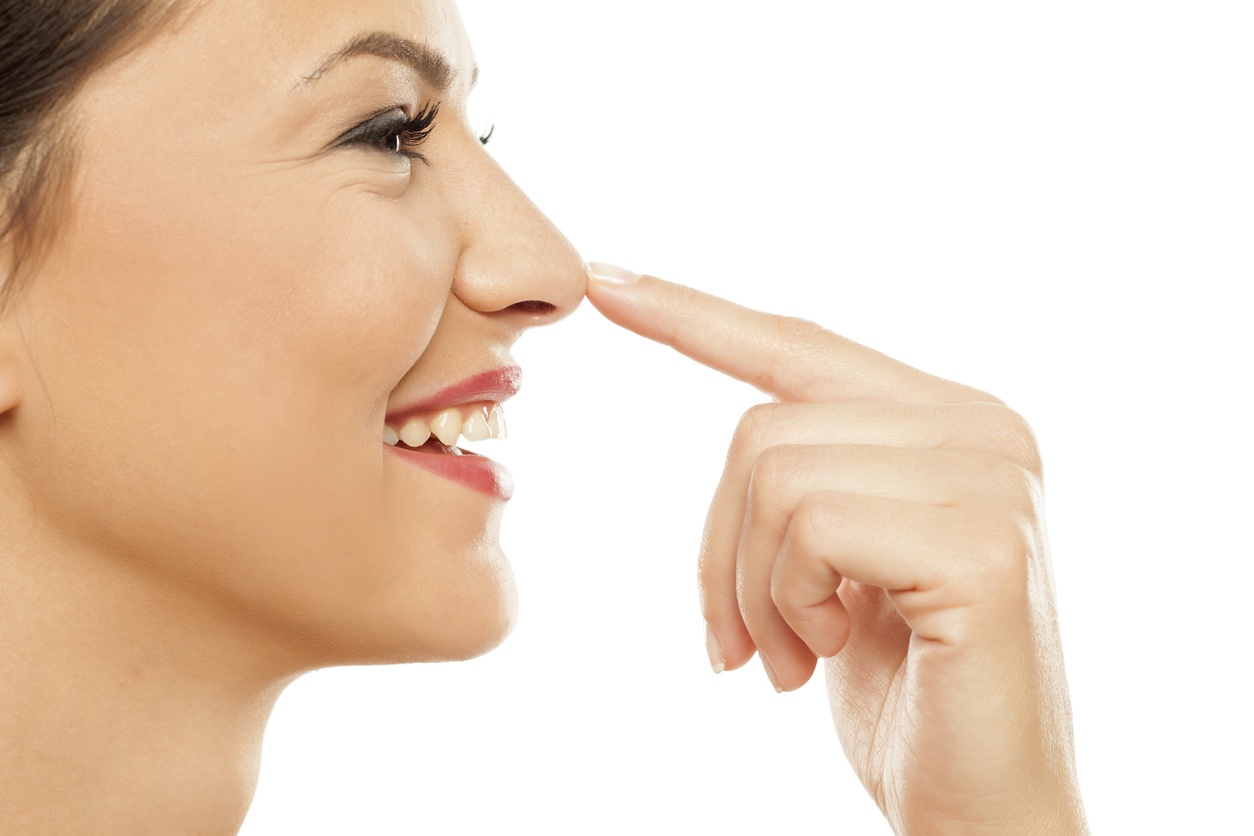
Physically we use the nose to breath and smell. Normal breathing
enables us to breathe in enough oxygen to ensure our blood
circulation .
The two- way function of the nose is breathing in and out . The
breath should be even, smooth and soft . If you breathe in more and
breathe out less or breathe in less and breathe out more , both show
an unhealthy status of our health.
When our emotions fluctuate, such as when we are angry, very sad, frightened ,
stressed, nervous and very depressed our breathing is fast and
shallower. Even can lead to fainting. Gradually it will affect mental
and physical well-being.
What can we do?
Try hard to breathe evenly, smoothly and softly . Bring the mind to Dan
Tian . (under the navel inside of lower stomach) Use DanTian deep
breathing to help release the stress, anger, fear and nervousness to
face and deal with difficulties calmly. It will avoid future problems,
regrets and guilt.
Prevention is Wisdom!
© copyright Angela Tian Zhu 2018
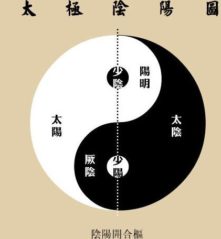
by Angela Tian Zhu | Feb 10, 2018 | Yin Yang Wisdom

Physiologically, human beings eat and drink with their mouths. They use two directions: opening and closing, up and down. These two-way movements are the first step in obtaining nutrition. When you can control your mouth, it also leads to better health because you are aware of what you eat and what you say.
People express their feelings through their mouths: concerns, needs, evaluate things, criticism and praise, and often use language to vent their dissatisfaction and resentment, hurt others or gossip. The two-way movement of our lips can bring us blessings or disasters.
Talking to yourself is an important part of this two-way movement:
“What do I feel?”
“Why do I feel that way?”
“Why do I talk like that?”
“What is the purpose of my speech?”
“What result can I achieve?”
When we get the answer for ourselves, we understand ourselves and others better. Using malicious language towards others often shows our own vulnerability. Gratefulness and offering praise to others truthfully is being honest and humble. Gossiping causes harm and people who are tolerant and polite avoid talking about others. If you control the two-direction movement of your mouth, you can plant good seeds to grow in your inner garden which will improve your mental health and increase harmony around you.
When we are feeling down, anxious, depressed, scared, angry, don’t forget to ask ourselves:
“What am I angry, depressed, and scared or worried about?”
“How do I deal with it?”
“What do I want?”
When you answer yourself, it may help the clouds disappear and scatter the fog. Training yourself to talk to yourself, to write down your thoughts and feelings and be your own best friend, helps to reduce depression and anxiety. It will help us to become mentally and physically healthier and bring peace and harmony.
© Copyright Angela Tian Zhu 2018
by Angela Tian Zhu | Feb 5, 2018 | Yin Yang Wisdom
Physically:
Generally speaking, we physically use our ears to hear various sounds from the outside environment. We listen to the opinions, suggestions, and judgement from others. We ignore external sounds when we are sleep. If we listen twenty four hours a day we will damage the vital Qi (Energy).
Spiritually:
If we are just listening from the outside it makes us feel lost and negative, not knowing which way to go or distinguish right from wrong. It may make us feel depressed and sad. If we only listen to the negative things, we will get depressed, if we only listen to the positive things, we would lose touch from reality. So we need to use our sense of hearing in both directions, listening to our heart, feelings, intuition, needs and opinions. With the “two-directions” listening we can balance and judge what we hear from the outside, combined with what we hear from our heart. This allows us to achieve the wisdom of listening.
© copyright Angela Tian Zhu 2018
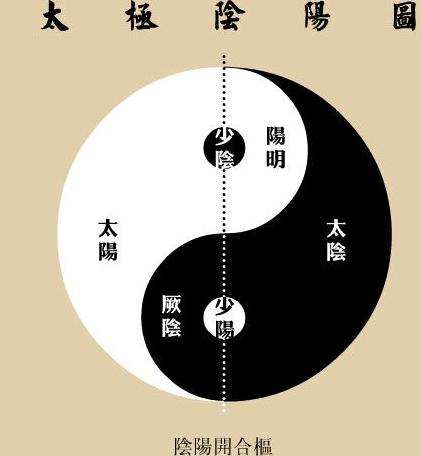
by Angela Tian Zhu | Jan 31, 2018 | Yin Yang Wisdom
 The two directions Wisdom (part 1) EYE
The two directions Wisdom (part 1) EYE
YIN-YANG Philosophy
Harvard University held a research project from 1938-2015. Over 76 years they followed 724 people to study ‘what kind of people are the happiest?’ The answer is that people who have a good social relationship are the happiest.
The research found that those people who have a close relationship with their family and enjoy socializing with friends and neighbors tend to be happier, healthier and live longer than those who don’t enjoy socializing and like to live alone.
How can we have a good social relationship?
Traditional Chinese Medicine (TCM) YIN-YANG philosophy delivers us infinite wisdom. One of the YIN-YANG viewpoints is: YIN is inside and YANG is outside. YIN is entering and YANG is exiting. YIN is closed and YANG is open. The most important theory is that YIN-YANG needs to be balanced. Trouble comes if imbalance occurs and things can go wrong with health and life.
Human beings have nine holes on their body – these are the eyes, ears, nostrils, mouth, anus and urethra. Our bodies are designed to open and close. These holes are there to achieve harmony.
To have good mental health and prevent anxiety and depression, we need to use our senses to apply the ‘Two-Directions’ YIN-YANG philosophy to keep our inner environment balanced and maintain harmony around us.
1. Wisely use eyes in the two-directions. Everyone use their eyes to observe the outside world, appreciate the nature, read and look at the world around them. When we have trouble with any relationships, we often look at other people’s faults or their unreasonableness. Gradually this builds resentment. Eventually it will affect our mental health. We can use the wisdom eyes to look inside ourselves, ‘visualizing the inside’ to see ‘what mistake have I made?’ and ‘what should I change next time?’ ‘How to communicate’
Then we can appreciate and praise other people’s good sides, and bravely admit the wrong side of ourselves, and have the courage to apologize. This will help us to have a better relationship in our families and between friends and workmates.
© copyright Angela Tian Zhu 2018.

by Angela Tian Zhu | Oct 26, 2017 | Traditional Chinese Medicine
 In spring, everything starts growing and mowing. The law of nature is: “Sow and grow in, grow in summer, harvest in autumn, store and hibernate in winter”. If we hibernate in the winter by resting more, sleeping earlier we will have enough energy to grow in spring.
In spring, everything starts growing and mowing. The law of nature is: “Sow and grow in, grow in summer, harvest in autumn, store and hibernate in winter”. If we hibernate in the winter by resting more, sleeping earlier we will have enough energy to grow in spring.
Earlier this week a patient called me to have acupuncture urgently because she had facial paralysis. She told me she has been exhausted for a long time from work, looking after children, and breastfeeding. She already predicted that she would fall apart. That is why when the spring wind came; it “knocked her over”.
What is growing energy?
Growing energy is part of human vital (Yang) energy. It helps people to grow, metabolise and recover. The viruses, germs and some of the chronic illnesses can also “grow” which can be triggered in spring. To be able to fight these “growing” we have to have stronger energy.
Why do we nourish growing energy?
Spring in nature has growing energy. Growing energy is not only for children and young people to worry about – adults and seniors also need to grow their energy because our cells are dying, replenishing and growing every day. Every day we have to metabolize. As humans, everybody needs to nourish growing energy. Springtime is the season for this.
How do we nourish growing energy?
For physical health:
-
Get up with the sun. Energy from the sunrise helps people’s growing energy (Yang energy).
-
Avoid wind and keep warm. Spring wind blows away the cold winter energy and the weather changes very often and dramatically. So avoid wind and keep warm to help the growing energy and prevent disease.
-
Eat more green, yellow and “shoot” vegetables (e.g. bean shoots) and less red meat, spicy food and alcohol.
-
Drink a lot of water (preferably warm)
-
Exercise
For mental wellbeing:
-
Avoid being angry, stay calm.
-
Control your emotions and be aware of your mood.
-
In Traditional Chinese Medicine, the liver connects to spring, and it is one of the important organs to controls anger and moods.
What can we do?
-
Comb your hair often – promotes micro circulation.
-
Bathe your feet in warm water – promotes micro circulation.
-
Breathe deeply, especially when you are emotionally unsettled.
-
Move your bowels daily.
-
Nourish the liver by Green Vegetables, Fungus and Mushrooms.
Tips:
-
Drink Chrysanthemum tea – to help nourish the liver and clear the eyes.
-
Eat more spinach and chicken liver – to help nourish your liver.
-
Eat kiwi fruits – to help encourage daily bowel movements.
-
Keep your head warm and away from draft (especially seniors) to help prevent stroke and headache.
-
Breathe deeply. Breathe in and out from the stomach to massage your organs 2-3 times per day. (about 20 times each)
-
Eat sesame seeds or oil to help liver energy.
Good Health in spring will help you to have good health in summer.
Traditional Qi’s two concepts are prevention and wisdom. Written by Angela Zhu, Traditional Chinese Medicine practitioner, Qi Gong & Tai Chi instructor. Copyright 2017.
Enjoy this article?
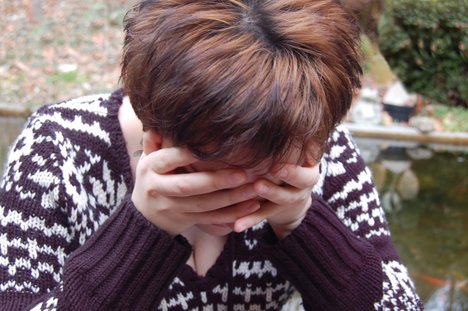
by Angela Tian Zhu | Oct 15, 2017 | Mental Health
Often, when people get exhausted, they feel depressed or easily get upset, on the other hand, when people are depressed, angry, they may feel tired and even exhausted.
For many years, I have seen that a lot of my patients, friends, family members and even myself would have a bad temper and get depressed when we are very tired. If the mental and physical exhaustion lasts and our bodies feel “overdrawn”, there is a possibility that it could lead to depression.
Patient A: I feel exhausted and depressed. I work full time and I’m a single mum. A few years ago, I bought a house. I had to manage everything by myself,to work getting and paying for the mortgage, packing, moving and redecorating the new house. When I moved into the new house, I was too tired even had no energy to appreciate the new house. I felt exhausted and buried myself in the depressing mood. I suffered from stress, anxiety and insomnia. My periods became irregular, it seemed menopause happened to me out of the blue. I felt that everything became meaningless. The pressure of the mortgage was overwhelming and I always got angry with my child. I hated myself, the new house and I regretted that I bought it. (In reality, the new house was very good).
I told her that in Traditional Chinese Medicine, overexertion causes loss of Qi (energy). It is because the physical and mental exhaustion made the Qi (vital energy) become deficient, which caused the depression and other symptoms. Mental and physical health always connect.
Patient B: Because of my son’s death, I immersed myself into the deep grief. I couldn’t get out of bed and had no appetite, no energy to do anything, all I can feel is endless sadness and exhaustion.
I told her that in Traditional Chinese Medicine, excessive sorrow dissipating Qi (energy). Because of the extreme mental trauma, the Qi (vital energy) in our bodies maybe damaged or stagnant and become weaker, which could lead to exhaustion and depression.
Given the two cases above, we can see that exhaustion and depression are co-related and co-existing, one triggers the other one and one affects the other one. Exhaustion reflects the weakness of Qi (vital energy) and blood circulation. When the Qi (vital energy) and blood circulation of the brain becomes deficient, the brains chemicals would lose balance, which would lead to depression. Also, the deficiency of any other parts of the body would also lead to this psychological condition. In modern society, due to exhaustion from physical and mental stress, a considerable number of people are diagnosed with illnesses such as anxiety, depression, high blood pressure, heart disease, diabetes, infertility, impotence, irregular menstruation and irritable bowel syndrome even cancer.
What can we do?
- Take a rest before you get exhausted, otherwise, you are overspending the energy and over using your body.
- Drink before you get thirsty. Do not drink too much coffee to borrow energy.
- Try to figure out the reason when you start feeling worried, depressed and stressed and than avoid it.
- Appropriate good diet. Trying to lose weight too fast sometimes can weaken the Qi (vital energy) and you might also can feel mentally stressed .
- Sleep before you get too sleepy. From Traditional Chinese Medicine point of view, the night belongs to Yin (as in Yin and Yang philosophy), Yin is static. Therefore, night is the time for us to replenish the Qi and blood circulation, and to get rid of exhaustion. Inadequate sleep could weaken the Qi and blood circulation, decrease the oxygen in the brain and dehydrate the body. If we still have to work and study hard the following day, our Qi gets more deficient.
- Eat before you get too hungry. Make sure to have meals on time. When we feel hungry, the sugar level in our blood drops and the Qi (vital energy) weakens. Bad temper and tension are common. After having some food, the blood sugar level increases, but the Qi (vital energy) may not be replenished straightaway. Our bodies have to spend energy to digest food first, then the Qi can be replenished. In order to adjust the blood sugar level, our body keeps working constantly, which damages the pancreas, and maigth lead to diabetes.
Written by Angela Zhu
© Copyright Angela Zhu November 2017

by Angela Tian Zhu | Sep 3, 2017 | Seasons
Did you feel as though your mood was affected with the sudden temperature drop in the weather? Especially if you have mental disorder and energy deficiency. I think you would.
This is because the sudden change takes more energy from our bodies to adjust our inner environment.
So, how can we help this? Most importantly, keep warm and eat and drink warming foods?
Try this tea formula:
- 5 rose buds
- 2 pieces of fresh ginger
- Honey
Angela Tian Zhu
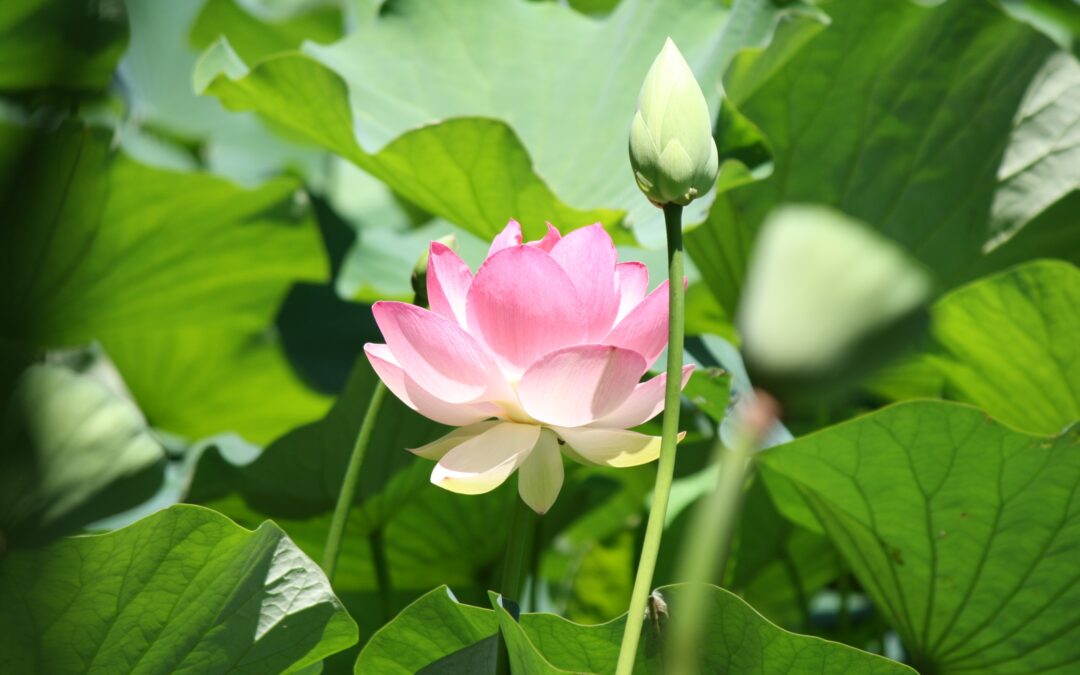
by Angela Tian Zhu | Jan 17, 2015 | Seasons
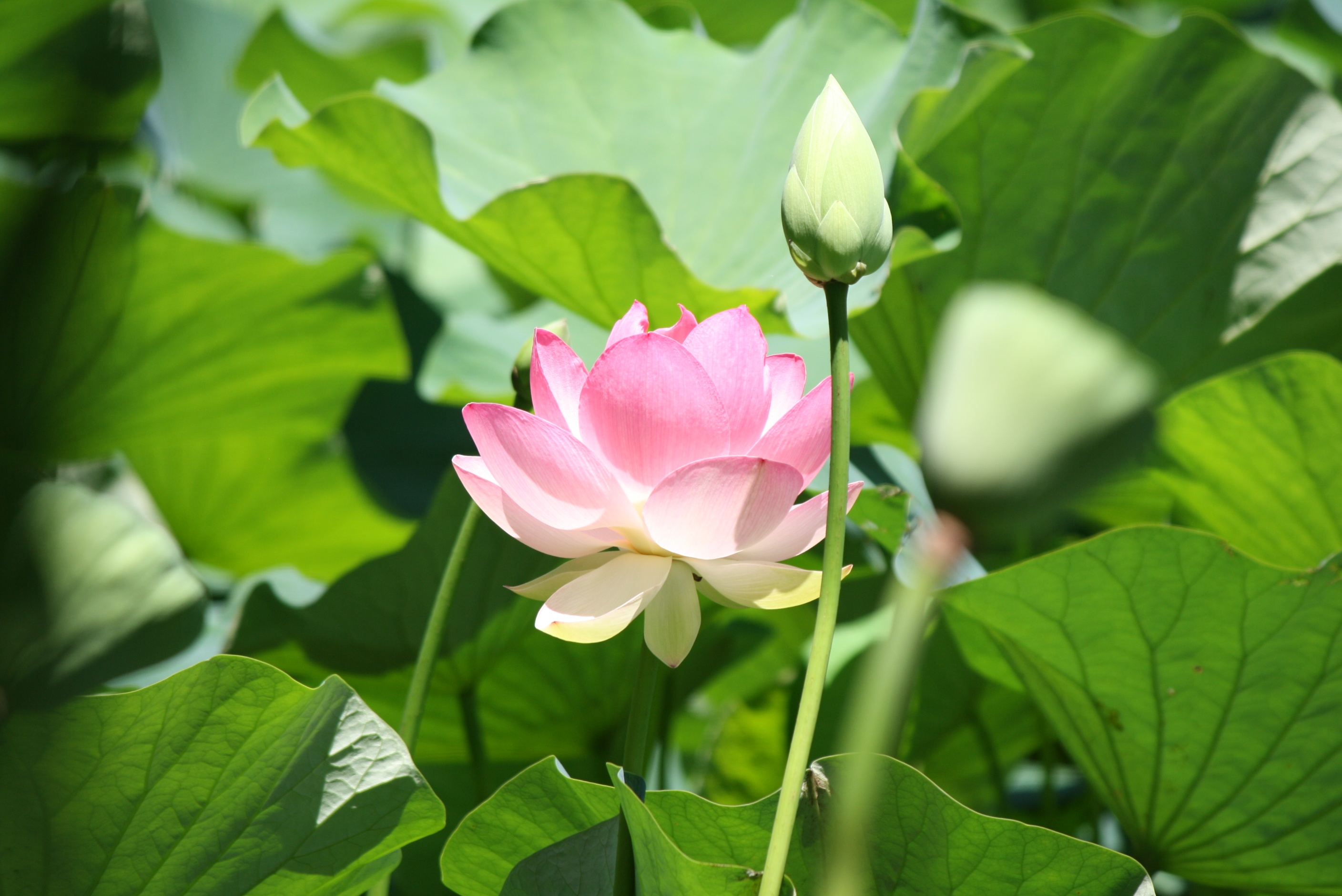
#1: Have a NAP in the afternoon
Helps:
- Lower blood pressure
- Relax the cardiovascular system
- Strengthen memory and concentration
- Reinforce energy and immune systems
- Raise spirits and reduce feeling depressed
- Lessen tiredness
Please create time to have a nap, even as little as 15 minutes. The evening will be much more enjoyable!
#2: Eat light food
#3: Take short showers – not with cold or too hot water
And of course drink a lot of water!!!!!!
Written by Angela Zhu, Traditional Chinese Medicine practitioner, Qi Gong & Tai Chi instructor. Copyright 2015
by Angela Tian Zhu | Mar 1, 2014 | Seasons
During autumn, every time it rains it gets a little colder. Because the days become shorter, nights become longer, nature’s Yin cold energy will grow and Yang warm energy will recede.
- For people who have digestion problems, stomach problems or irritable bowel problems, it’s a good idea to start to have warm breakfasts and more warm meals and drinks.
- People who often have colds, bronchitis, pneumonia and high blood pressure in winter should start to have hot footbaths in the evening, and warm meals and drinks.
- For people who have sore backs, this is a good time to start to keep your back warm.
- People who have had winter depression and those who feel lethargic should have more ginger, lamb, cinnamon, walnuts, soup, etc.
Traditional Qi’s two concepts are prevention and wisdom.
Written by Angela Zhu, Traditional Chinese Medicine practitioner, Qi Gong & Tai Chi instructor. Copyright 2013

 Three generations.
Three generations.








